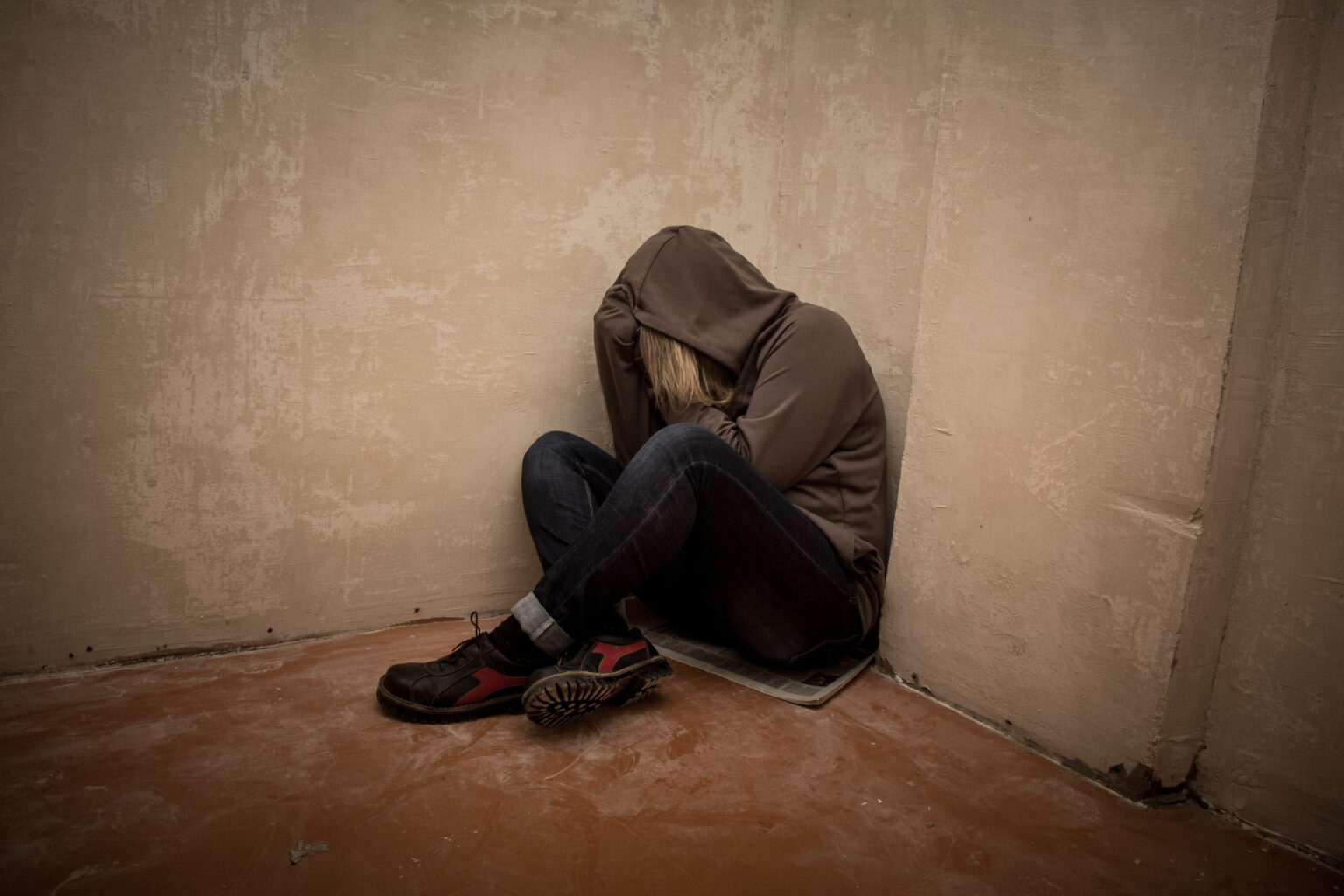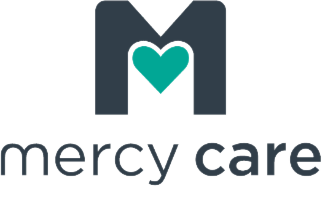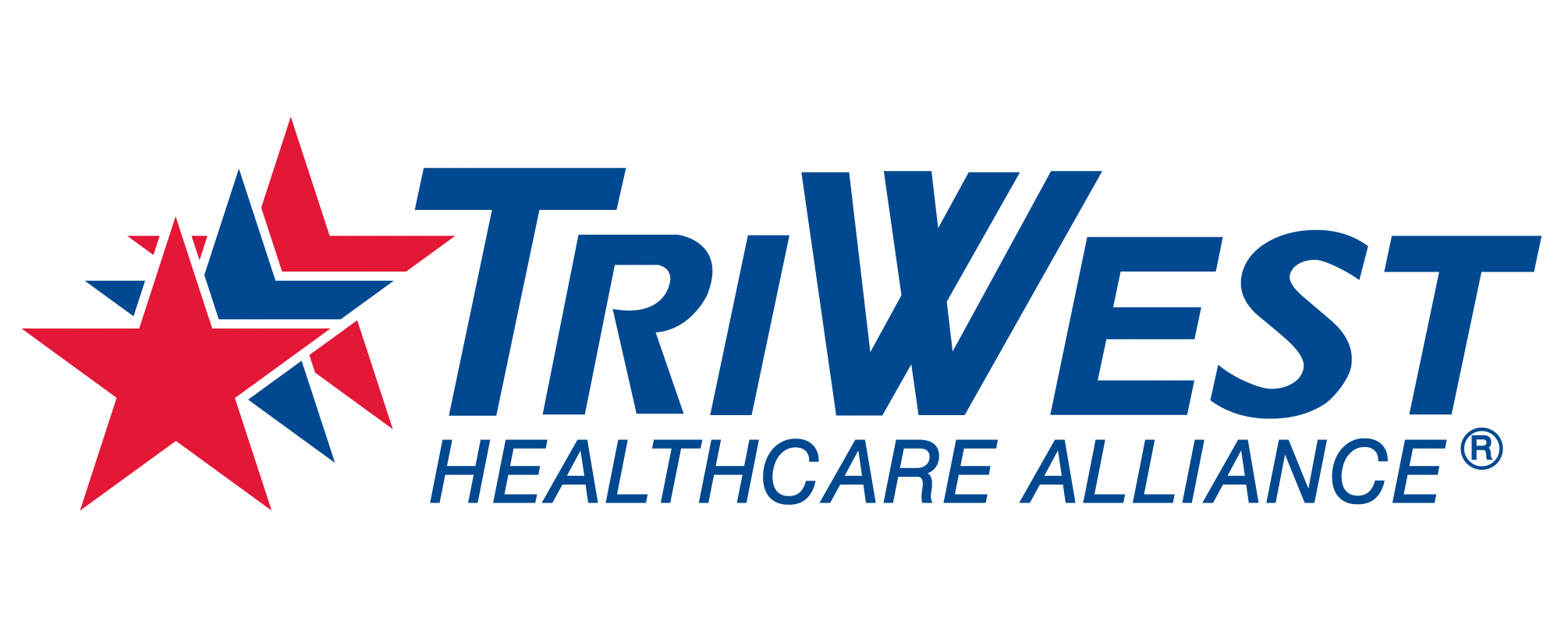Do you struggle with opiate addiction? If so, you’re not alone. Recent data shows that more than two million Americans over the age of twelve are in the same boat.
If you’re struggling with an opiate addiction, you may simultaneously want to get clean and feel scared of what the opiate withdrawal timeline will be like. You can’t let fear stop you from getting the help you need, though.
Read on to learn more about what to expect as you’re getting clean.
Opiate Withdrawal Timeline
The specific duration of the opiate withdrawal timeline is, of course, a little different for everyone. But, it can generally be broken down into the three following stages:
Stage One
Stage one of opiate withdrawal is typically considered to be the most painful. You’ll usually begin to experience symptoms eight to sixteen hours following the last time you used opiates. However, if you used a fast-acting drug like heroin, you may experience symptoms sooner.
Common symptoms that appear during stage one include:
- Anxiety and depression
- Insomnia
- Vomiting and/or diarrhea
- Abdominal pain and cramping
- Profuse sweating
- A runny nose
- Muscle, joint, or bone pain
- Loss of appetite
Stage one can last up to five days. Most people consider relapsing during this stage since it is so uncomfortable.
Stage Two
During stage two, you will still experience some pain and discomfort, but your symptoms will most likely be less intense than they were in stage one.
Some common symptoms that occur during stage two include:
- Goosebumps
- Abdominal pain and cramping
- Vomiting and/or diarrhea
- Chills
- Nausea
Thanks to the vomiting and/or diarrhea, you still may find it difficult to eat during this stage.
While it’s important to try and eat, it’s more important to focus on staying hydrated. Vomiting and diarrhea can cause dehydration, which can make your symptoms worse.
Stage two can last up to two weeks.
Stage Three
During the third stage, some of your symptoms may start to dissipate and you’ll likely feel more like your old self. But, you’ll likely still experience nausea, insomnia, and anxiety or depression.
These symptoms may be less intense, but you shouldn’t ignore them. There’s also still a chance that you’ll experience drug cravings.
This is the longest stage — it can last up to two months — so it’s important to find ways to keep your mind and body active.
Participating in low-stress activities like gentle exercise (walking, yoga, etc.) can help give your mind and body something to do to distract you from cravings or remaining withdrawal symptoms.
How to Manage Withdrawal Symptoms
As you can see, opiate withdrawal symptoms are not particularly pleasant. Luckily, there are a number of things out there that you can use to help manage your symptoms.
Some of the most effective tools and practices for taking the edge off of withdrawal symptoms are listed below:
Medications
There are a few different medications that doctors may prescribe to help lessen the intensity of your symptoms and help with the detox process. The following are some of the most popular options:
- Methadone: Relieves withdrawal symptoms and can be used as a long-term maintenance medication to help with opioid dependence
- Buprenorphine: Relieves withdrawal symptoms, can be used for long-term maintenance and can shorten the length of the detoxification process
- Clonidine: Reduces feelings of anxiety and agitation, as well as muscle aches and cramping — it does not minimize cravings
- Naltrexone: Helps prevent relapse
Your doctor may also prescribe other medications to help with symptoms like nausea, vomiting, diarrhea, and insomnia.
Healthy Diet
In addition to medication, lifestyle changes can also help you work through the opiate withdrawal timeline and manage your symptoms effectively.
One of the best things you can do is to make sure you’re eating a healthy, nutrient-rich diet.
Nutrient deficiencies are common among people who have been addicted to opiates. Low levels of calcium, magnesium, and potassium are especially common.
Make sure you’re consuming plenty of fruits, vegetables, and high-quality protein sources to get all the nutrients your body needs. You may also want to take a multivitamin or specific vitamin supplements to fill any gaps in your diet and ease the recovery process.
Staying Hydrated
Hydration is also important, especially during the early stages of the withdrawal timeline.
In addition to drinking water, you may also want to consume electrolyte-rich beverages or electrolyte supplements to deplete those that are lost as a result of diarrhea or vomiting.
Hot Baths
Many people who are recovering from opiate addiction find hot baths to be incredibly helpful. Not only do they soothe aches and pains (especially when you add Epsom salts), but the relaxing nature of a bath can also help you sleep better.
The only time when hot baths are not a good idea is if you’re dealing with a fever. Instead, during these times, you can use a heating pad to relieve aches and pains without overheating your body.
Entertainment
Distractions are always helpful during the recovery process. While you should be working with a therapist at the same time to change your habits and improve the ways in which you handle stressors, sometimes you just need a break.
Watching a movie with family or friends, reading a book, or exercising are all good ways to distract yourself from any uncomfortable or unpleasant symptoms you may be experiencing.
Social Support
It’s also important to make sure you have a solid support system in place.
Many people who go through the withdrawal and recovery process struggle with mood swings and depression. Having people who love you close by can be incredibly helpful when you’re going through these difficult periods.
Family and friends make great support systems.
If you don’t have anyone close to you who can stay with you or check in on you, you may want to look into joining a support group that is comprised of other addicts. The people in this group will understand what you’re going through and may also be able to offer advice.
Are You Ready for Recovery?
Now that you know more about the opiate withdrawal timeline, are you ready to make a change and finally get clean?
When it comes to giving up opiates, it’s best to work with a team of professionals. You’re much more likely to be successful when you have a support system in place.
If you’re ready for recovery, contact us at SMC Recovery today. Our staff relies on evidence-based treatment models that significantly increase your chances of getting and staying clean.







